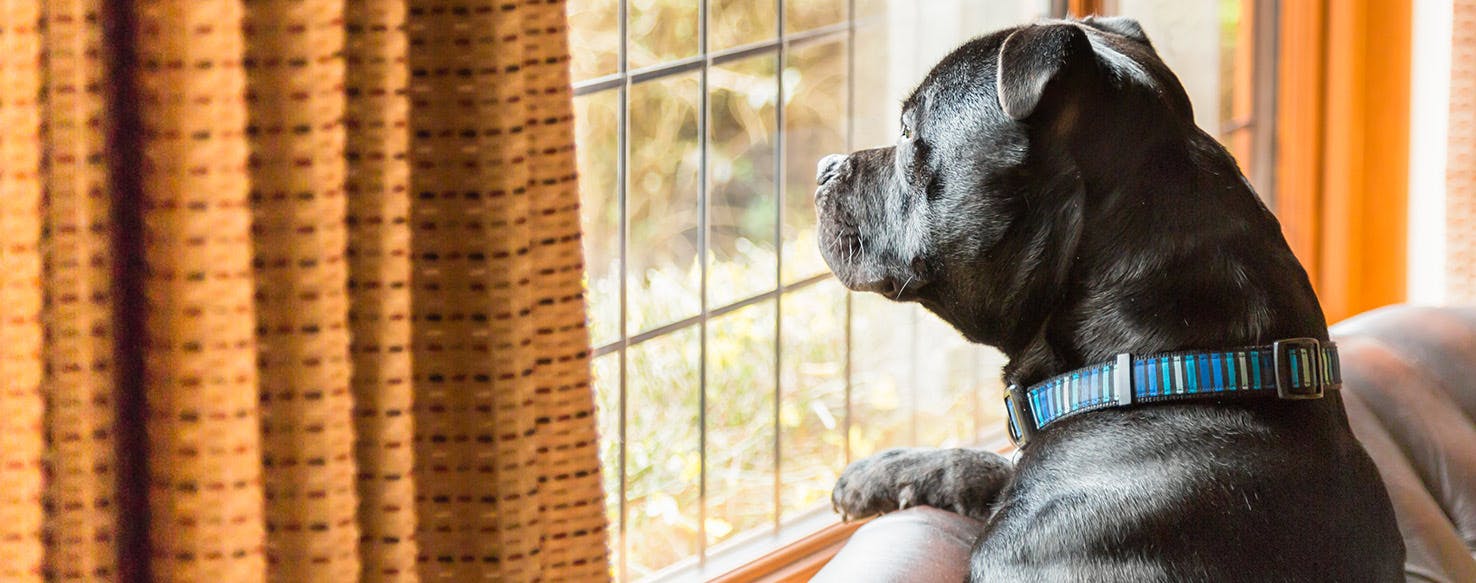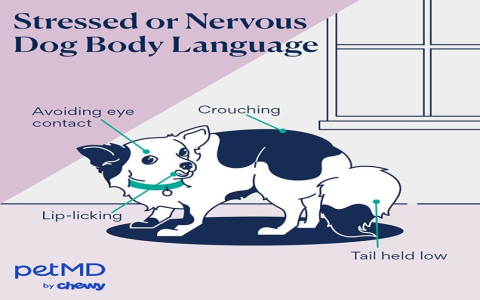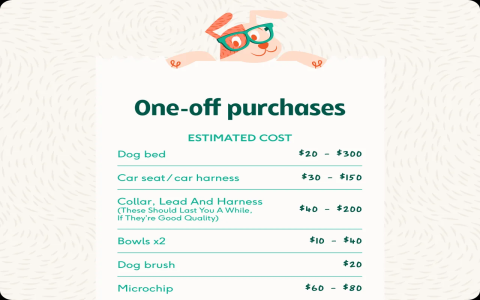Why do dogs look out the window? Uncover the simple reasons behind this common canine habit.
Okay, so yesterday I was chilling, right? And my dog, Max, he's just glued to the window. Like, ALL. DAY. LONG. I got curious. What's so dang interesting out there?

First, I thought maybe it's the squirrels. We have a bunch in our yard. So, I watched him. He'd perk up, tail wagging like crazy, whenever one darted across the lawn. Made sense. Predator instinct kicking in, or just plain entertainment.
But then, sometimes there were no squirrels. Nada. Still, he'd be staring, head cocked, like he's watching a suspense thriller. That's when I figured it had to be more than just squirrels.
So, I did what any self-respecting (lazy) person would do: Googled it. Saw a bunch of articles saying it could be boredom, territoriality, or just plain ol' curiosity. Right, helpful.
Next, I decided to actually observe Max like a proper scientist. I started noting when he was looking out the window. Turns out, it was mostly when things were happening: the mailman, kids walking to school, the garbage truck roaring by. Times when I was busy too.
Then it hit me: he's probably bored and lonely! I'm working from home, but I'm mostly staring at my screen. He's probably looking for stimulation and also missing that good old interaction time.
My solution? More playtime! I started taking him for an extra walk in the afternoon. We also have short play breaks every couple of hours. Fetch, tug-of-war, the works.
- Morning: Short walk, quick play session
- Mid-day: Play break every 2 hours
- Afternoon: Longer walk, more intense play
- Evening: Cuddle time!
The result? He still looks out the window, but not nearly as much, and I see a lot more naps. I think he's happier (or at least less bored). Plus, I'm getting more exercise and taking breaks from my screen, so it's a win-win!
Conclusion
So, why do dogs look out the window? It's probably a mix of things: squirrels, boredom, curiosity, missing you. Try to figure out when and why your dog is doing it, and then find ways to address the root cause. More often than not it helps a lot!











